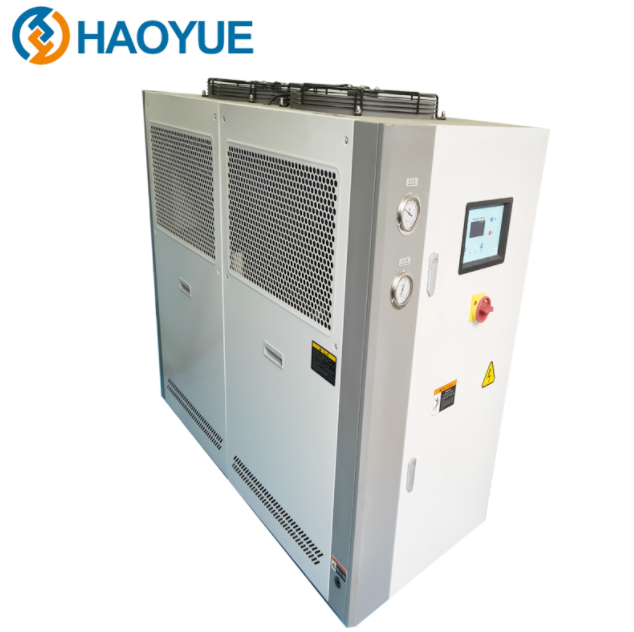Your Position: Home - Hardware - Advantages of SPS Compared to Conventional Methods
SPS is a typical field-assisted sintering technique that can achieve fully dense pressed billets using low processing temperatures and short sintering times.
SPS furnaces can densify ceramics in minutes, whereas hot pressing and pressureless sintering require several hours to achieve the same sintering density. Heating in SPS is obtained by Joule heating of the graphite mold and powder briquette (if it is conducting). The internal nature of the heat generation helps to achieve a very high heating or cooling rate of 500 K/min compared to the external heating in conventional sintering methods.

Spark plasma sintering is a new technology that requires only a few minutes to complete the sintering process, whereas conventional sintering can take hours or even days. This high sintering rate is possible in SPS because it can be easily achieved due to the internal heating of the sample compared to the external heating in conventional sintering. In addition, the sintering time in SPS is reduced due to the short holding time at the sintering temperature, usually 5 to 10 minutes, which may extend to several hours in conventional sintering. In conventional furnaces, heating rates of 5 to 8°C/min are typically achieved, and can reach up to 109°C/min. Therefore, to reach a temperature of 1200°C, we usually need 2 to 4 hours.
In SPS, on the other hand, heating rates of more than 300°C/min are easily obtained, so that a temperature of 1200°C can be obtained in only 4 minutes. The simultaneous application of temperature and pressure leads to high densification, resulting in a dense structure during sintering.
Thus, dense structures are easily obtained at sintering temperatures 200 to 250°C lower than conventional sintering temperatures. In SPS, since coarsening and grain growth are not allowed to occur, high relative densities are achieved in a very short time and nano-sized powders can be sintered without considerable grain growth, which is not possible in conventional sintering processes.
Therefore, nanostructured ceramics or nanocomposites can be easily prepared by SPS with higher densities and fewer defects. These nanostructured composites exhibit excellent mechanical properties such as high strength and high hardness.
For conventional sintering, it is usually necessary to use a suitable mold and hydraulic press to apply the necessary pressure to prepare a green compressed material from the outside. After this, the raw material is sintered in a furnace. In SPS, the powder is fed directly into a graphite mold, which is surrounded by a suitable punch. The entire assembly is placed directly into the SPS chamber, using spacers if necessary. The chamber is now closed and the atmosphere to be sintered (vacuum, argon, etc.) is applied in the chamber. The program is set into the control unit and sintering starts to take place. Atmosphere control is much easier in SPS compared to conventional furnaces. All types of materials, even those with diffusion densification, can be sintered easily in the SPS. Due to the advantage of high heating rate and less holding time, SPS can limit unwanted sintering reactions in highly reactive systems compared to conventional sintering, therefore avoiding the formation of unwanted product phases.
Spark plasma sintering is one of the processing paths to handle biological materials in the laboratory. HAOYUE sells different types of sintering furnaces, as well as vacuum atmosphere furnaces, so if you need to buy one, please contact us to get cooperation.
460
0
0
Comments
All Comments (0)